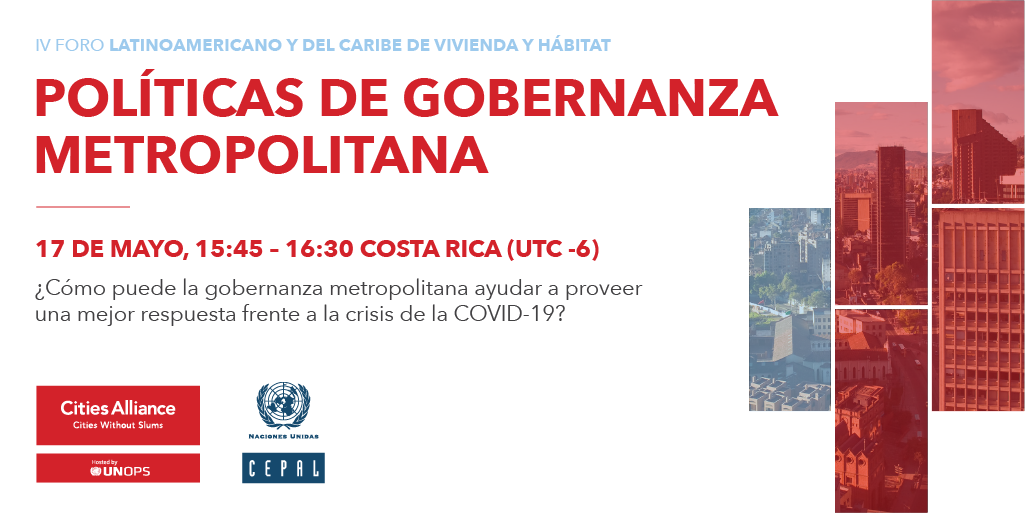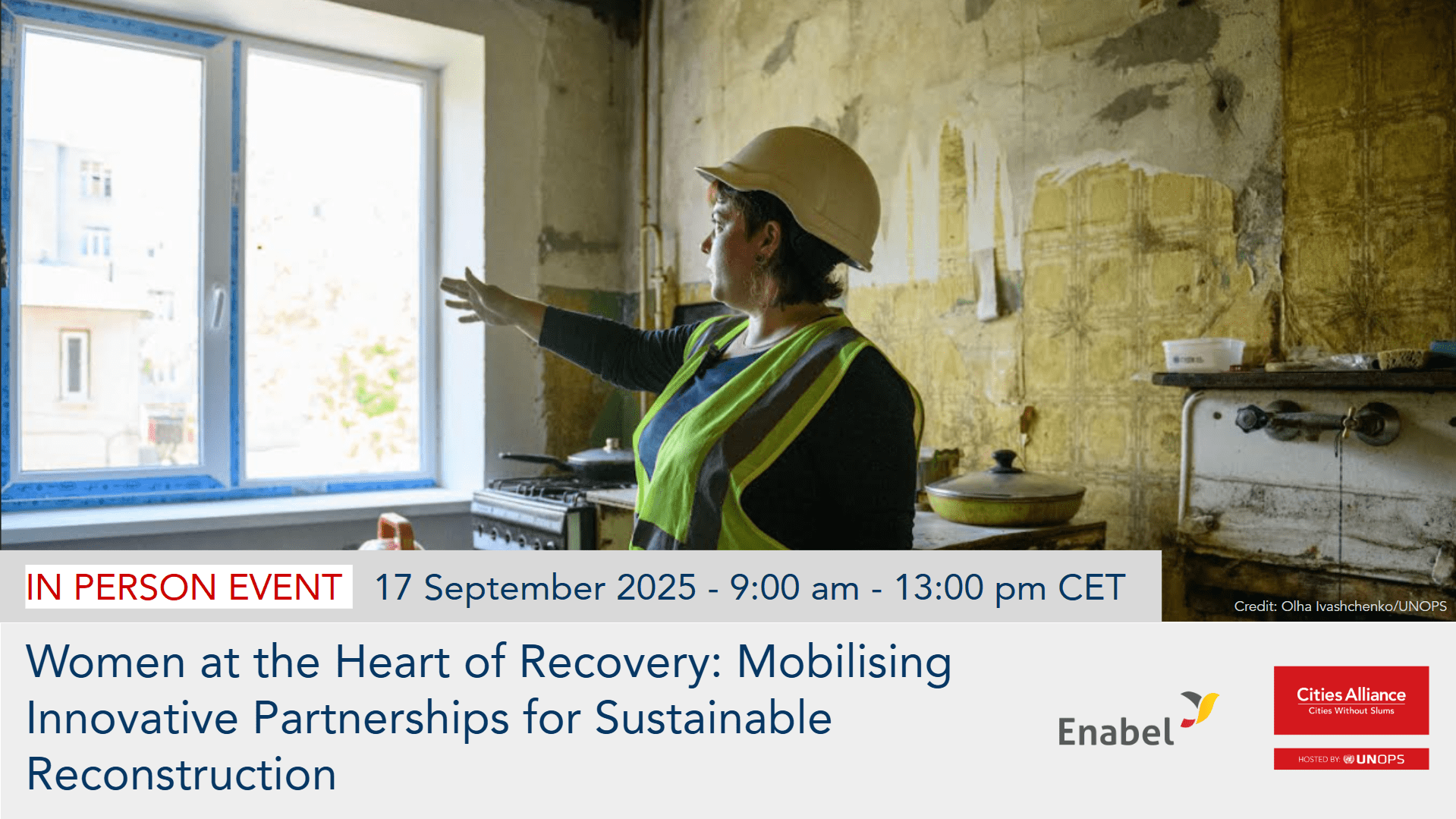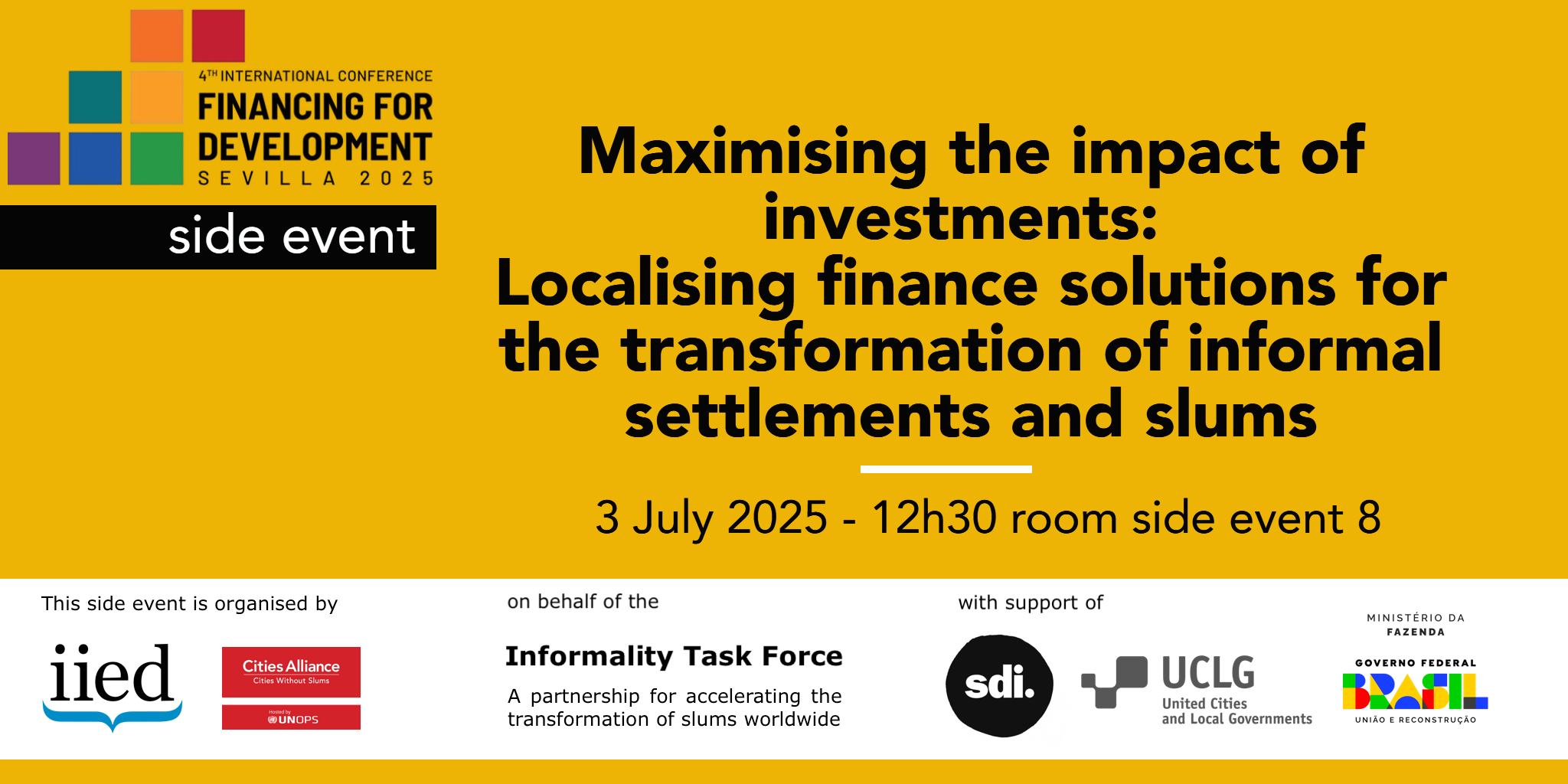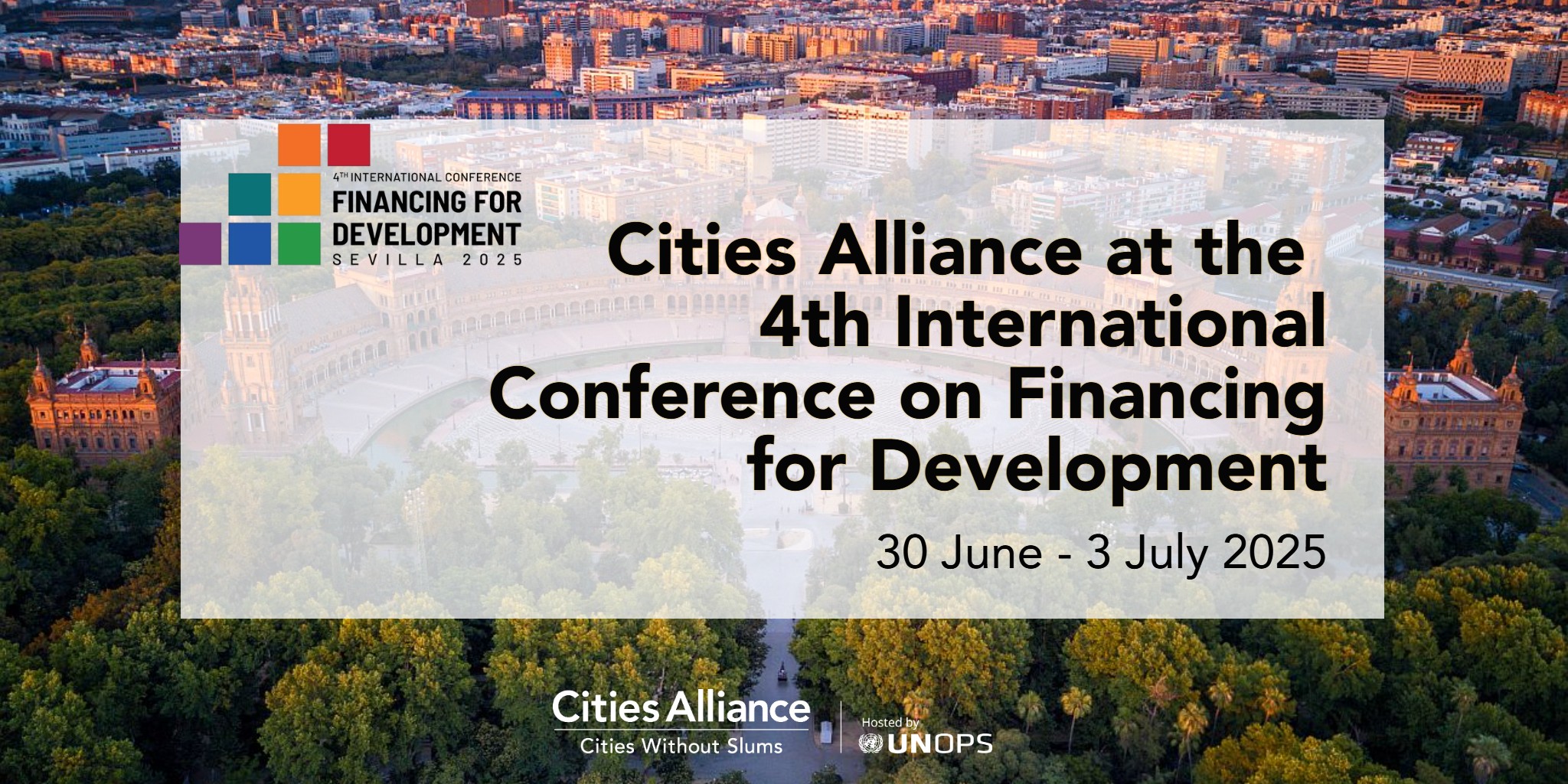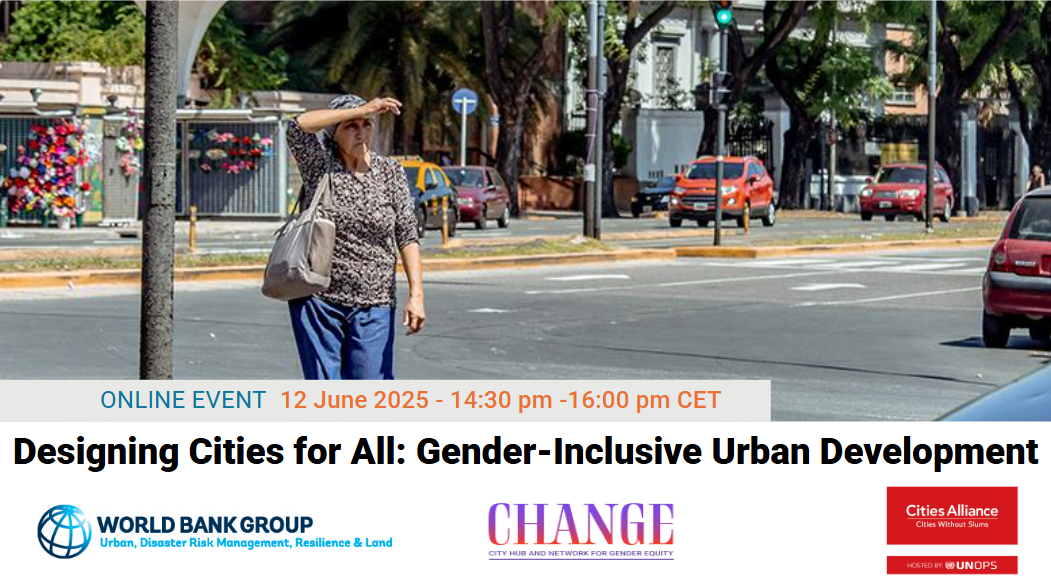- Who We Are
- How We Work
- Regional / Country Initiatives
- Legacy
- Core Themes
- Working Groups
- Portfolio & Results
- Newsroom
- Resources
Metropolitan Governance Policies
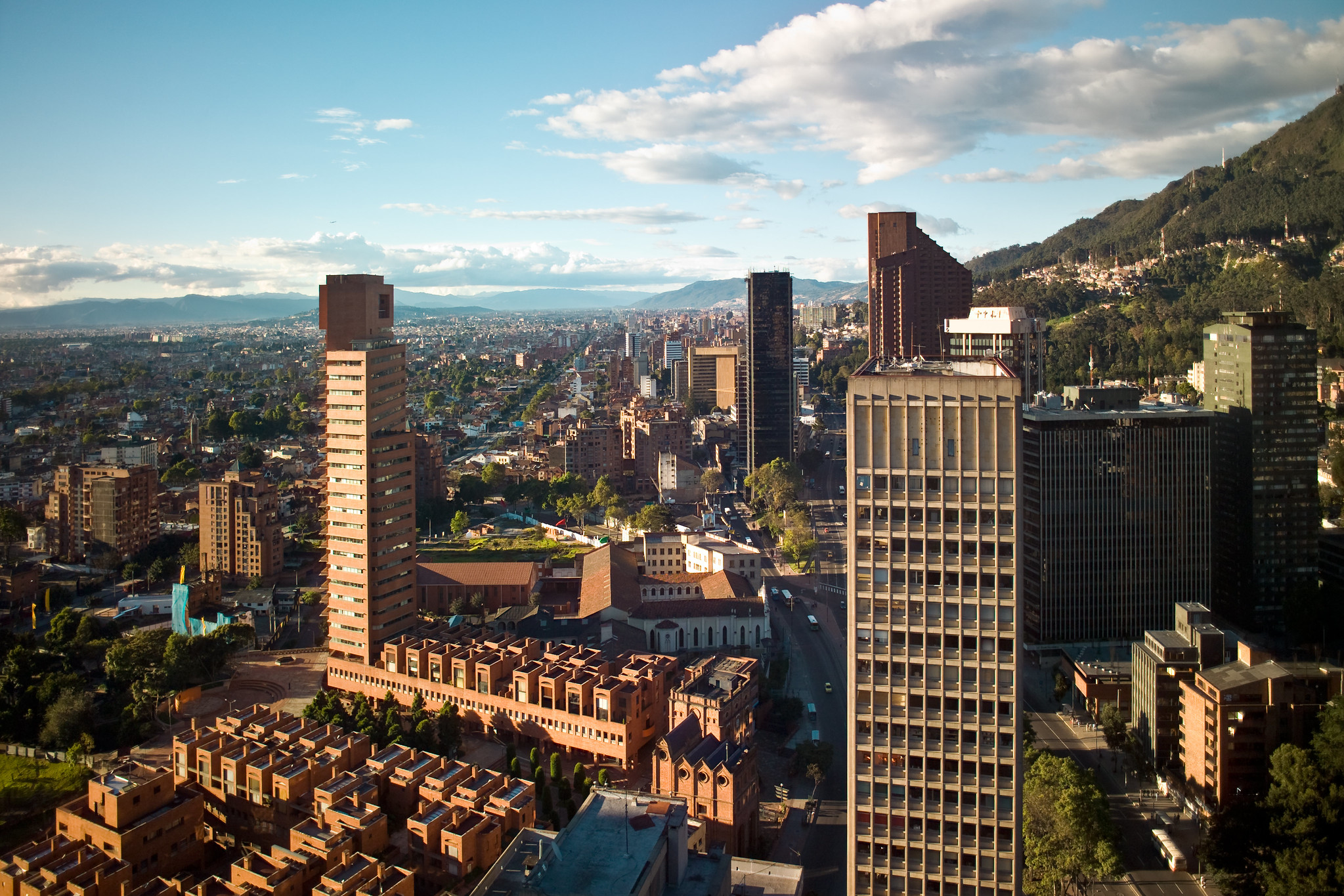
Register here.
Desplácese hacia abajo para ver la versión en Español.
In the framework of the IV Latin American and Caribbean Housing and Habitat Forum, and with a specific focus on actions in the face of COVID-19, the Cities Alliance together with ECLAC are organising this Housing Laboratory (LAV) with the aim of generating a discussion on the progress and success stories of metropolitan governance in Latin America and the Caribbean. The issues will be looked at from a gender perspective, considering the actors who inhabit the city between the administrative edges in an informal way, and towards the construction of more resilient metropolitan governance.
Stemming from the discussion and the links between stakeholders and networks of metropolitan governance, the aim of the Housing Laboratory (LAV) is to gradually establish a community of practice in the different regions of Latin America and the Caribbean. It is expected to articulate knowledge, practices and stakeholders with global debates and agendas. Consequently, it is intended to generate momentum for the discussion of metropolitan governance mechanisms at the regional level.
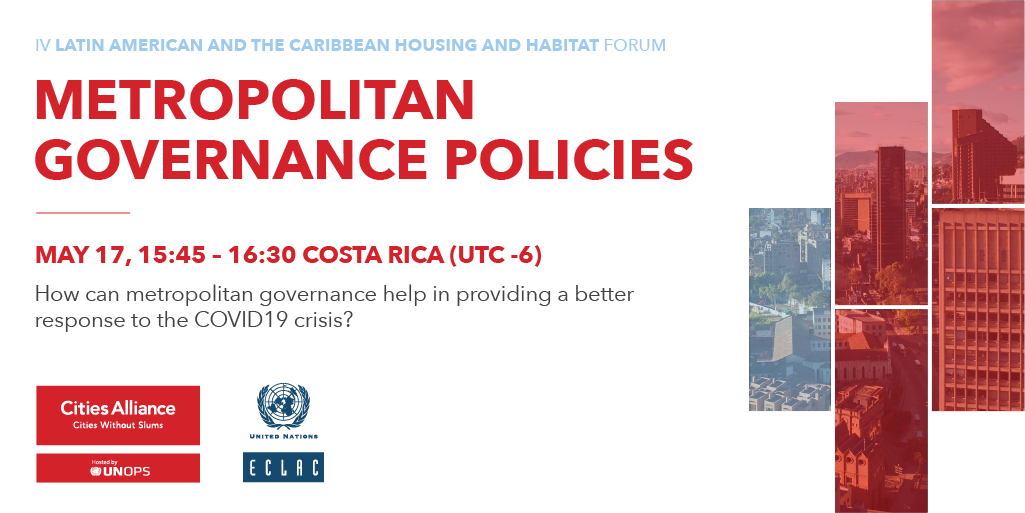
Regístrese haciendo click aquí.
En el marco del IV Foro Latinoamericano y del Caribe de Vivienda y Hábitat, y con un foco específico en las acciones de frente a la COVID-19, Cities Alliance en conjunto con la CEPAL organizan el presente Laboratorio de Vivienda (LAV) con el objetivo de generar una discusión respecto de los avances y casos exitosos de gobernanza metropolitana en América Latina y el Caribe. Las problemáticas serán observadas bajo una perspectiva de género, considerando a los actores que habitan la ciudad entre los bordes administrativos de manera informal, y hacia la construcción de gobernanzas metropolitanas más resilientes.
En base a la discusión generada y los vínculos entre actores y redes de la gobernanza metropolitana, el objetivo del Laboratorio de Vivienda (LAV) es establecer gradualmente una comunidad de prácticas en las diferentes regiones Latinoamérica y el Caribe. Se espera poder articular los conocimientos, las prácticas y a los actores interesados con los debates y las agendas mundiales. En consecuencia, se pretende generar un impulso para la discusión de mecanismos de gobernanza metropolitana a escala regional.
